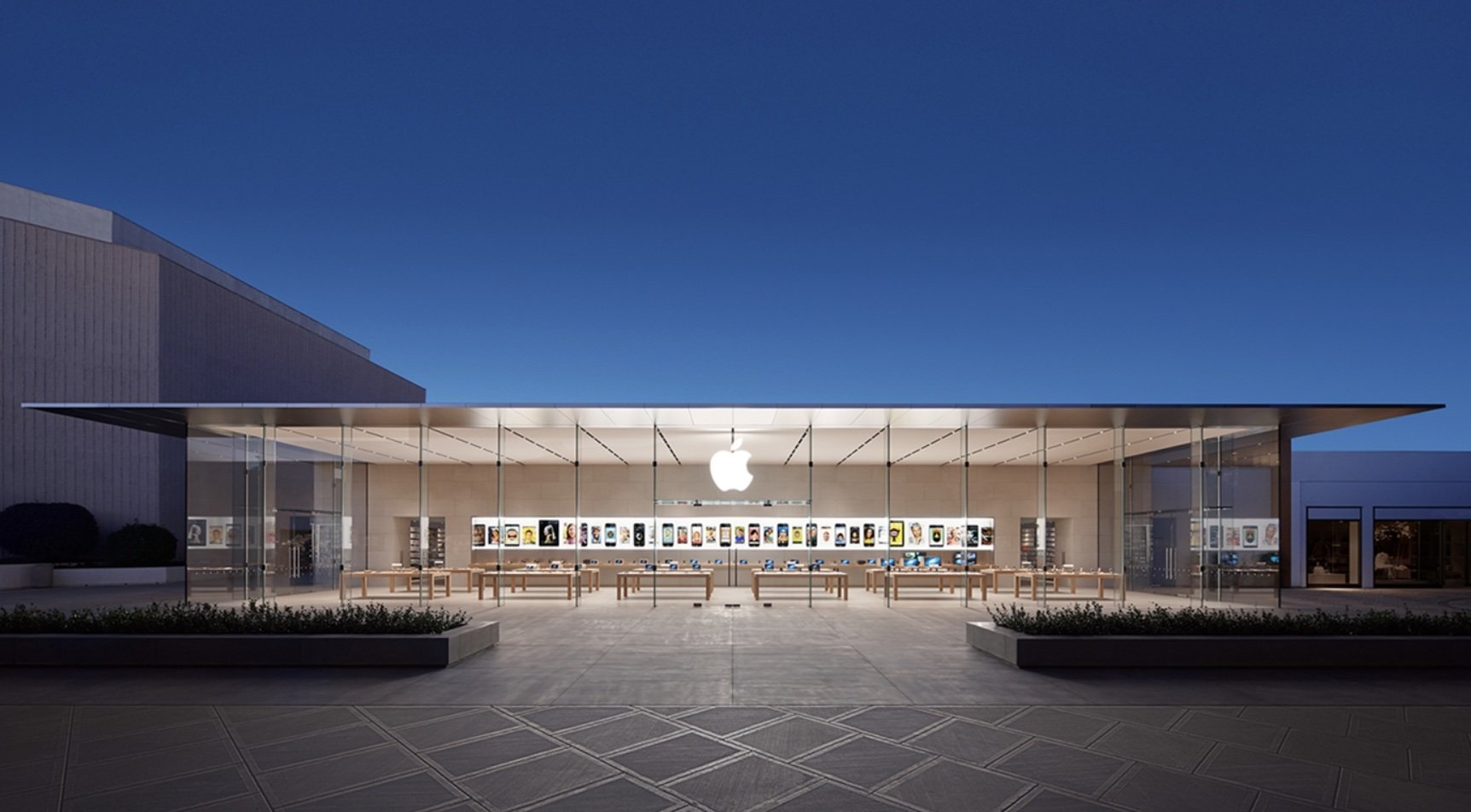
Apple momentarily reclaimed its position as the world’s most valuable company on Wednesday, surpassing Microsoft. This surge in market value was sparked by Apple’s recent announcements at its developers conference on Monday, where it unveiled ambitious plans to integrate artificial intelligence across its suite of devices.
At approximately 10:45 a.m. ET, Apple’s market capitalization soared to an impressive $3.3 trillion, narrowly overtaking Microsoft’s $3.2 trillion. However, the tech giant was unable to maintain this lead by the end of the trading day, with Microsoft regaining its top position at the closing bell.
Investor enthusiasm was palpable following Apple’s keynote, which detailed the integration of generative AI technology into its native apps and latest devices. This announcement led to Apple shares skyrocketing by over 7% to a new record high on Tuesday, with the positive momentum continuing into Wednesday, resulting in an additional 2.8% increase.
Apple’s AI initiative, dubbed “Apple Intelligence,” promises to enhance user experience with features ranging from advanced writing assistance to AI-generated emojis. This strategic move is expected to drive significant consumer interest and boost iPhone sales. Analysts from Morgan Stanley, Evercore, and Bank of America have expressed strong confidence in this new direction. In their investor notes, Evercore analysts highlighted that limiting “Apple Intelligence” to the latest iPhone models could catalyze an iPhone super cycle, further boosting sales.
The competition for the title of the most valuable company remains fierce. Earlier this year, Microsoft had briefly surpassed Apple in market capitalization. Additionally, Nvidia had a short stint as the second-most valuable U.S. public company earlier this month.
Interestingly, Microsoft stands to benefit from Apple’s AI endeavors. Apple announced the inclusion of OpenAI’s large-language models as a feature for its users, with plans to incorporate more models over time. Microsoft, being one of OpenAI’s major investors, has seen substantial growth in its Azure cloud services, driven by the widespread adoption of OpenAI’s technologies.
















